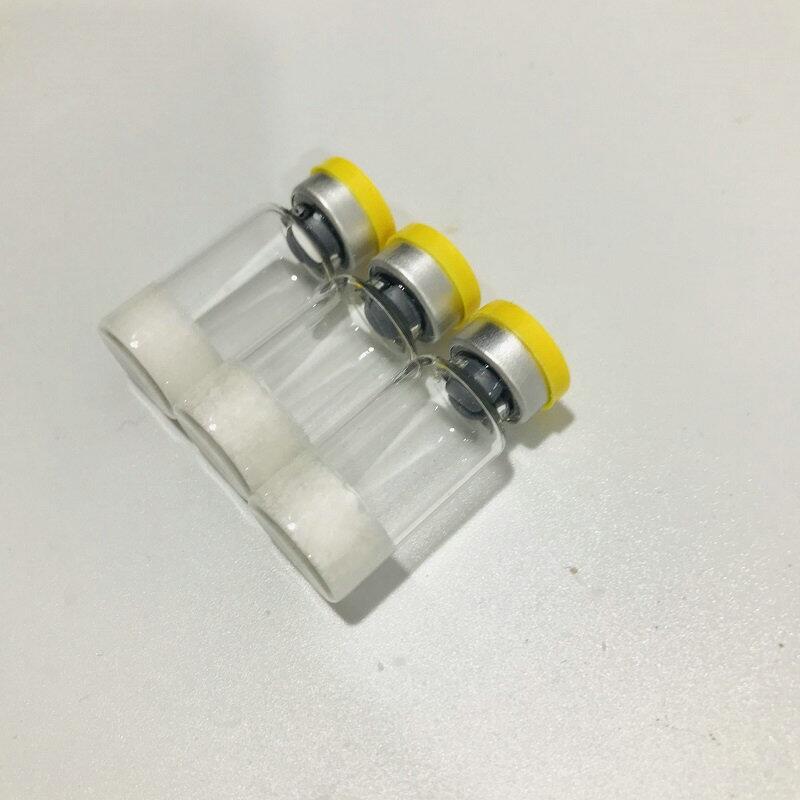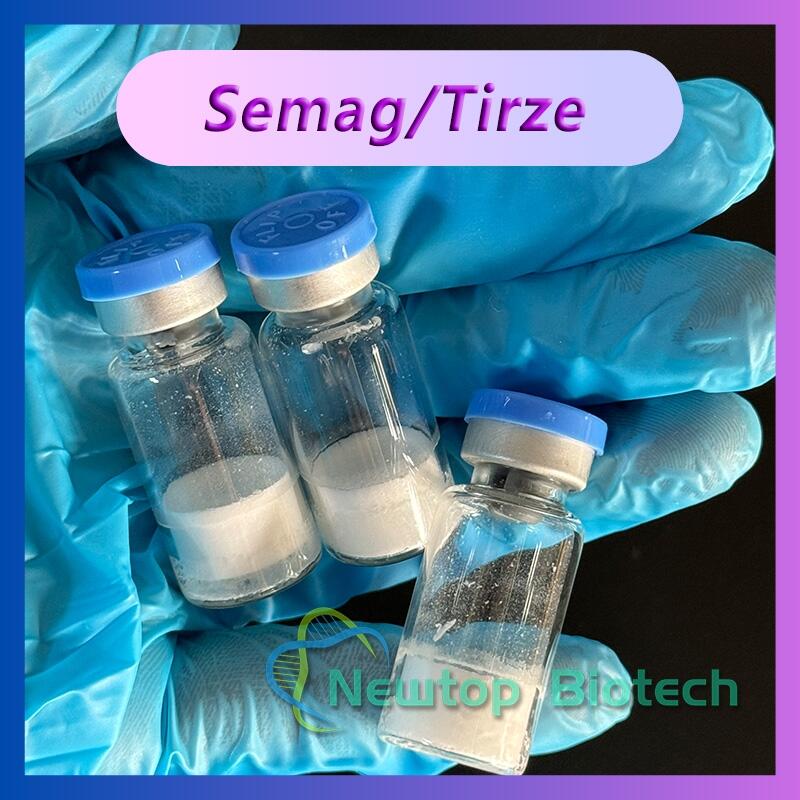-
Categories
-
Pharmaceutical Intermediates
-
Active Pharmaceutical Ingredients
-
Food Additives
- Industrial Coatings
- Agrochemicals
- Dyes and Pigments
- Surfactant
- Flavors and Fragrances
- Chemical Reagents
- Catalyst and Auxiliary
- Natural Products
- Inorganic Chemistry
-
Organic Chemistry
-
Biochemical Engineering
- Analytical Chemistry
-
Cosmetic Ingredient
- Water Treatment Chemical
-
Pharmaceutical Intermediates
Promotion
ECHEMI Mall
Wholesale
Weekly Price
Exhibition
News
-
Trade Service
Di-o-tolylguanidine, commonly abbreviated as DOG, is an organic compound with the molecular formula C12H14N2.
It is a white or slightly yellowish solid that is soluble in organic solvents.
DOG has a wide range of applications in the chemical industry due to its unique chemical properties.
One of the most important applications of DOG is as a catalyst in the production of polyethylene terephthalate (PET), a widely used plastic in the packaging industry.
DOG is used as a catalyst in the esterification reaction between terephthalic acid and ethylene glycol to produce PET.
The use of DOG as a catalyst in this reaction helps to improve the yield and efficiency of the process.
Another application of DOG is in the production of polycarbonate, another widely used plastic in the packaging industry.
DOG is used as a catalyst in the reaction between bisphenol A and phosgene to produce polycarbonate.
The use of DOG as a catalyst in this reaction helps to improve the yield and efficiency of the process.
DOG is also used as a catalyst in the production of PBT (polybutylene terephthalate), a plastic that is commonly used in the manufacture of automotive parts and bottles.
The use of DOG as a catalyst in the reaction between butanediol and terephthalic acid helps to improve the yield and efficiency of the process.
In addition to its use as a catalyst in the production of plastics, DOG is also used in the production of various other chemicals.
For example, it is used as a catalyst in the production of sodium benzoate, a preservative used in food and beverages.
DOG is also used as a catalyst in the production of N-methylpyrrolidone, a common solvent used in various industrial applications.
DOG is also used as a starting material in the production of various pharmaceuticals.
For example, it is used in the synthesis of some antibiotics, such as erythromycin and clarithromycin.
DOG is also used in the synthesis of some anti-cancer drugs, such as paclitaxel and docetaxel.
DOG is also used as a catalyst in the production of some specialty chemicals, such as dyes, pigments, and fragrances.
For example, it is used in the production of diazo compounds, which are used as intermediates in the production of azo dyes.
In conclusion, Di-o-tolylguanidine, commonly abbreviated as DOG, is an organic compound that is widely used as a catalyst in the production of various chemicals, including plastics, pharmaceuticals, and specialty chemicals.
Its unique chemical properties make it an essential component in many industrial processes.
Its applications in the production of polyethylene terephthalate, polycarbonate, and PBT, as well as its use as a starting material in the production of various pharmaceuticals and specialty chemicals, demonstrate the wide range of applications of DOG in the chemical industry.







